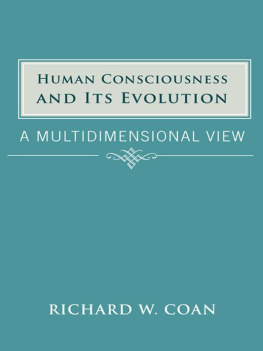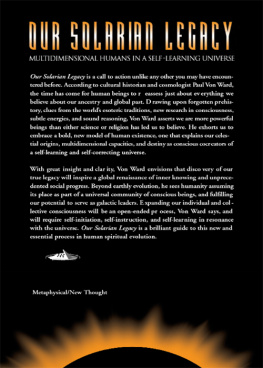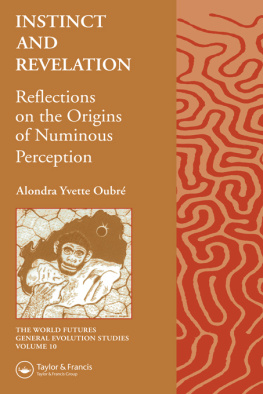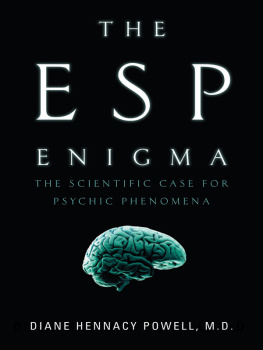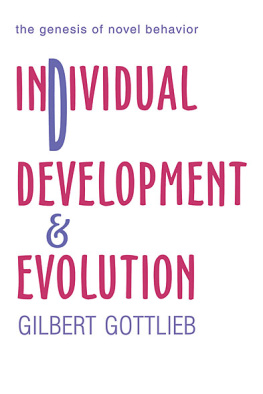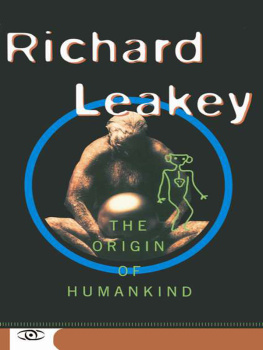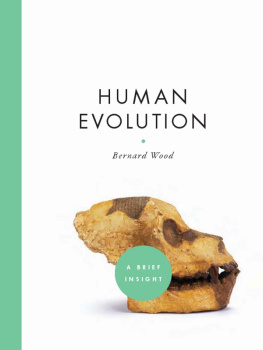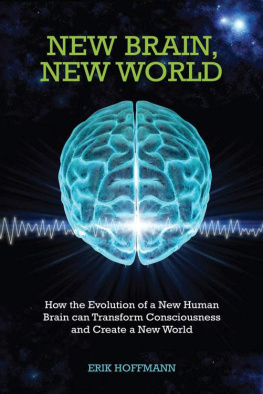HUMAN CONSCIOUSNESS AND ITS EVOLUTION
A MULTIDIMENSIONAL VIEW

RICHARD W. COAN

AuthorHouse
1663 Liberty Drive
Bloomington, IN 47403
www.authorhouse.com
Phone: 1-800-839-8640
2013 Richard W. Coan. All rights reserved.
No part of this book may be reproduced, stored in a retrieval system, or transmitted by any means without the written permission of the author.
Published by AuthorHouse 5/8/2013
ISBN: 978-1-4817-3626-8(sc)
ISBN: 978-1-4817-3625-1 (e)
Library of Congress Control Number: 2013905927
Any people depicted in stock imagery provided by Thinkstock are models,
and such images are being used for illustrative purposes only.
Certain stock imagery Thinkstock.
Because of the dynamic nature of the Internet, any web addresses or links contained in this book may have changed since publication and may no longer be valid. The views expressed in this work are solely those of the author and do not necessarily reflect the views of the publisher, and the publisher hereby disclaims any responsibility for them.
Contents
The subject matter of this book is vast and fundamentally important. It would be presumptuous of anyone to attempt to deal comprehensively with it in a book, and it would be preposterous to pretend that one has the final solution to all the puzzles that it poses. I confess to being a bit presumptuous, but I have tried to avoid being preposterous. Many others have written about the evolution of consciousness, but they have left unsaid some things that I believe need to be said. In the pages that follow, I have endeavored to offer a fresh and broader perspective. On some issues, I have tried to suggest avenues that need to be explored further. There remain many gaps in my own understanding, and I trust that other authors will supply some of the insights that are missing from the present account.
One cannot write such a book without combing through an extensive literature and borrowing ideas from many people, and this work has left me with a heavy burden of outstanding intellectual debts. I am indebted not only to those who share many of my views but also to those with whom I have most sharply taken issue in this book. The latter would include, in particular, Julian Jaynes, Ken Wilber, Carl Sagan, and Jacob Bronowski. If I have expressed fundamental disagreements with them it is partly because they have stimulated my thinking sufficiently to evoke dissent. I am impressed with their work and regret that I have not actually met any of these gentlemen.
I also owe a debt to the many people who have shared their ideas with me in personal contactincluding Laurens van der Post, P. L. Travers, Aniela Jaffee, and John Mattern. I am indebted as well to many people who have provoked insights that they did not necessarily intend to provoke. Thus, I have learned from James Hillman, who sees elaborate excursions into theory as a way of playing the old science game and evidence of a failure to awaken to post-modern consciousness. I have learned from Hans Eysenck, who sees enterprises such as this as a waste of time, by virtue of the impossibility of applying rigorous scientific methods. I have learned still more from Raymond Cattell, who accused me of wandering in search of the Holy Grail when I could have devoted my time to systematic gathering of valuable psychometric data.
I am indebted to the many students who have served as a soundingboard and occasionally as a panel of critics for my ideas. I have also learned much about the nature of human consciousness from the many people I have known who, for one reason or another, have stubbornly refused to accept the roles, pathways, or patterns of thinking dictated by convention. These would include a few friends who have undertaken the psychotic journey through hell and sometimes gotten stuck along the way.
In the beginning God created the heaven and the earth. And the earth was without form, and void; and darkness was upon the face of the deep. And the Spirit of God moved upon the face of the waters. And God said, Let there be light; and there was light. And God saw the light, that it was good; and God divided the light from the darkness. (Genesis 1:1-4)
Thus begins the account of creation in the first chapter of Genesis. To say Let there be light, of course, is tantamount to saying, Let there be consciousness, or mind, for it is by means of light that we become aware and can distinguish one form from another. Creation myths in general are concerned with our origin as aware beings. They deal with the great mystery of human consciousness and offer a symbolic account of its onset in the remote past within the species as a whole and within each individual in the early stages of life.
In this Hebraic myth, matter and light are created from nothing. In other creation myths, the original condition is not nothingness but chaos, or formlessness, and the process of creation consists of the conversion of nonform into discernible form. In still other myths, forms that exist already emerge into the lightfrom the womb of the earth, from the sea, or from the great world egg. Yet another theme is that of the world parents, heaven and earth, who have long been joined in sexual union and finally become separated. As a product of their conjugal act, light and individual beings now appear between them. There is a limited number of these basic metaphors of creation, and each of them is widely distributed in the mythologies of mankind. One basic idea runs through all of them: Long, long ago at a very special moment, there were discernible forms, and there was light with which to see them.
In Genesis there is also a description of a subsequent moment in the emergence of human consciousness. At the suggestion of the serpent, Adam and Eve eat of the fruit of the tree of knowledge. The serpent assures them that their eyes will be opened and that they will be like gods. In eating the fruit, Adam and Eve are indeed claiming as their own a godly prerogative, the right to choose deliberately, rather than following automatically the dictates of God, nature, or instinct. The act presupposes a fundamental discrimination between two conflicting urges and a choice between the two. As a consequence of the act, Adam and Eve can distinguish more generally between good and evil and, being aware for the first time of their nakedness, they can distinguish between male and female, or between the masculine and the feminine. Here we have another basic motif that has been widely employed to describe the origins of human consciousnessthe creation or recognition of a duality. It is a motif that is shared by ancient creation myths and modern psychological theory, for we still tend to regard consciousness as a process of discrimination.
The great mythologies of the world abound with additional stories of gods and great heroes, and many of the recurring themes can be understood quite readily as further stages in the unfolding of human consciousness. The very existence of the mythologies attests to the fact that people have wrestled with the puzzle of their awareness from a very early time, and perhaps human consciousness and the myths that symbolize it have evolved together. If so, mythology may well provide the best available evidence for the actual course of our psychic development.
The Contemporary Crisis of Meaning
As old as the basic questions here may be, they seem to have a current urgency that they have not often had in the past. There is a growing interest these days in achieving a better understanding of our psychic evolution, and I think the reason for this is not hard to find. As many writers have noted, we live in an age in which there is a crisis of meaning. This condition has been described in many ways, but the central idea is that we have lost the vital symbols, myths, and religious images through which our ancestors derived a sense of meaning. With the aid of these symbols, one could feel securely rooted in ones family, society, and the universe. One had a clear sense of right and wrong, and there was an orderly plan to follow in moving through all the major transitions of a lifetime.
Next page
